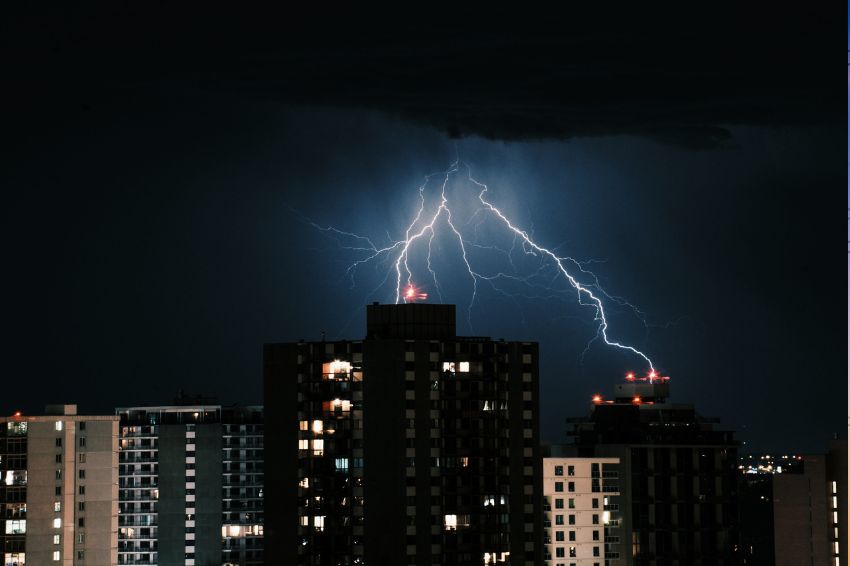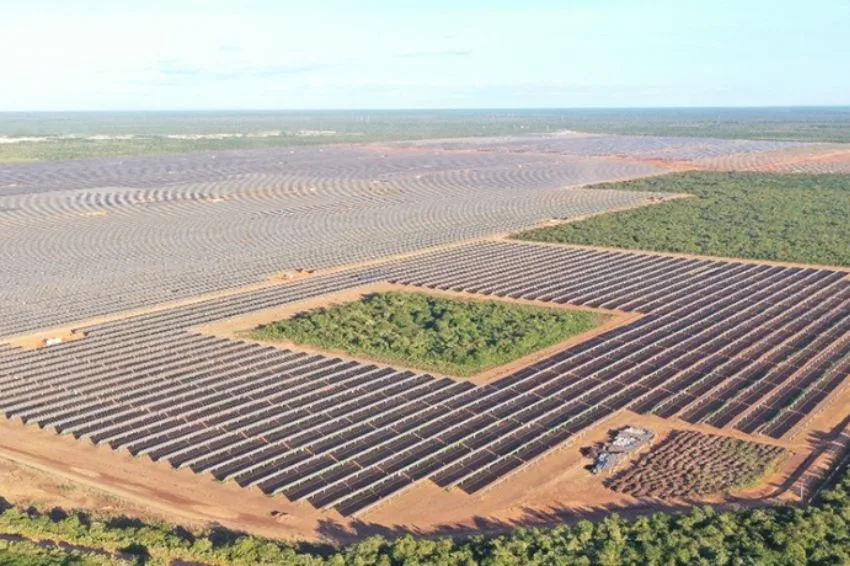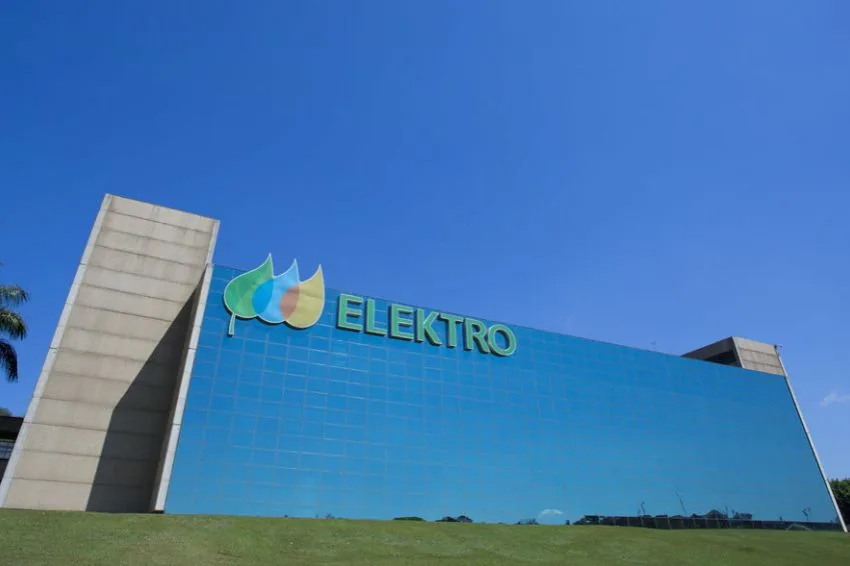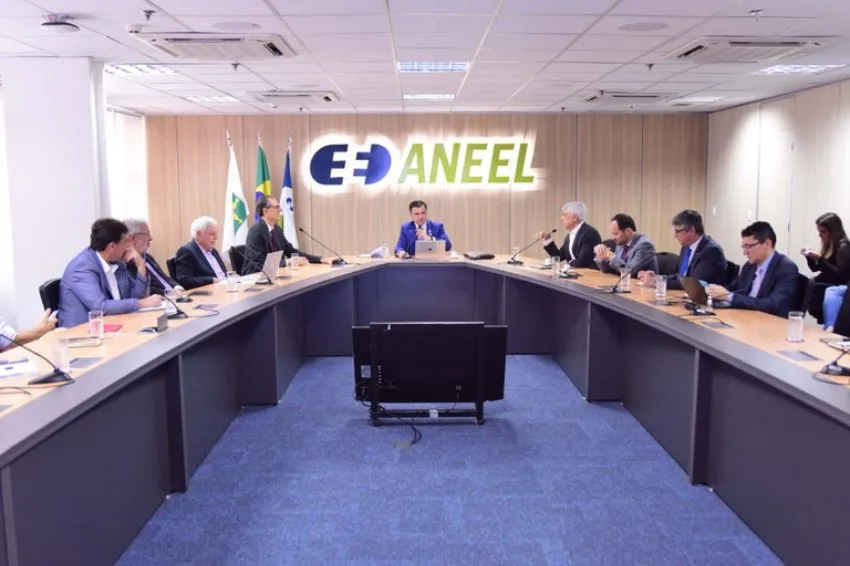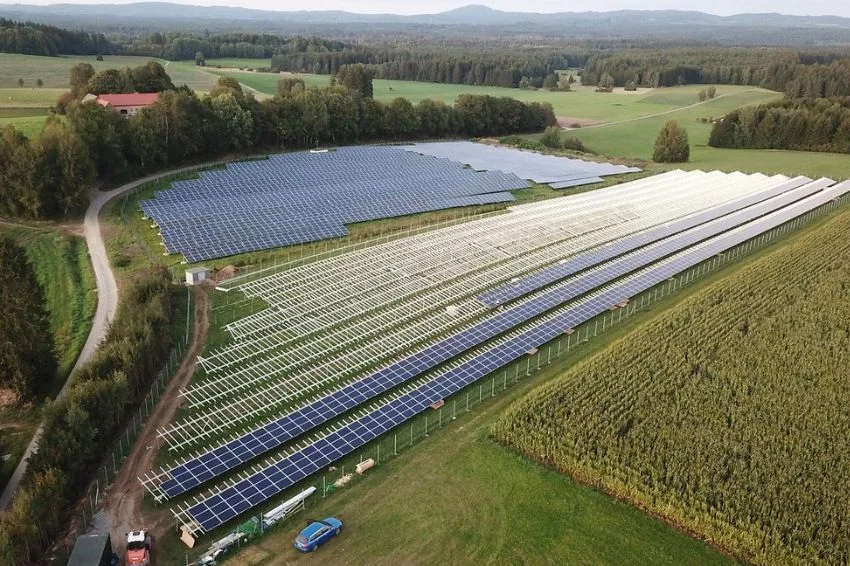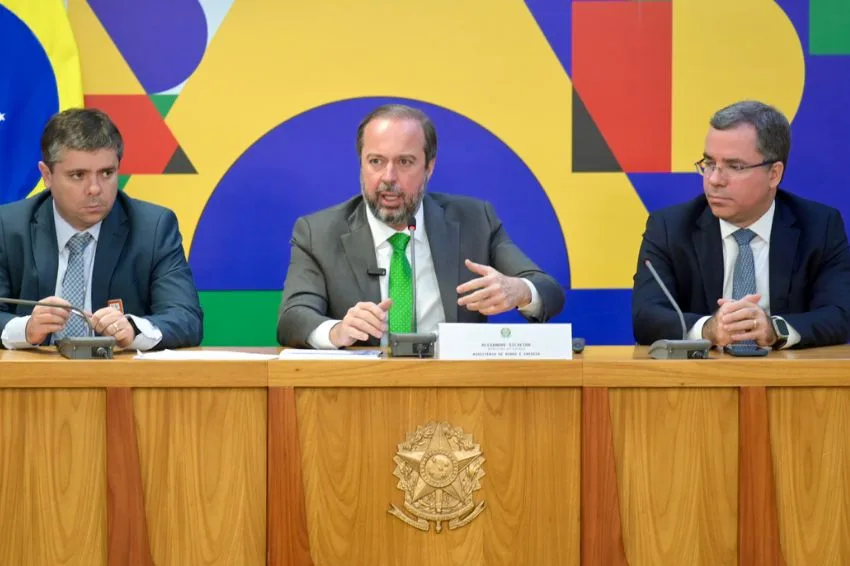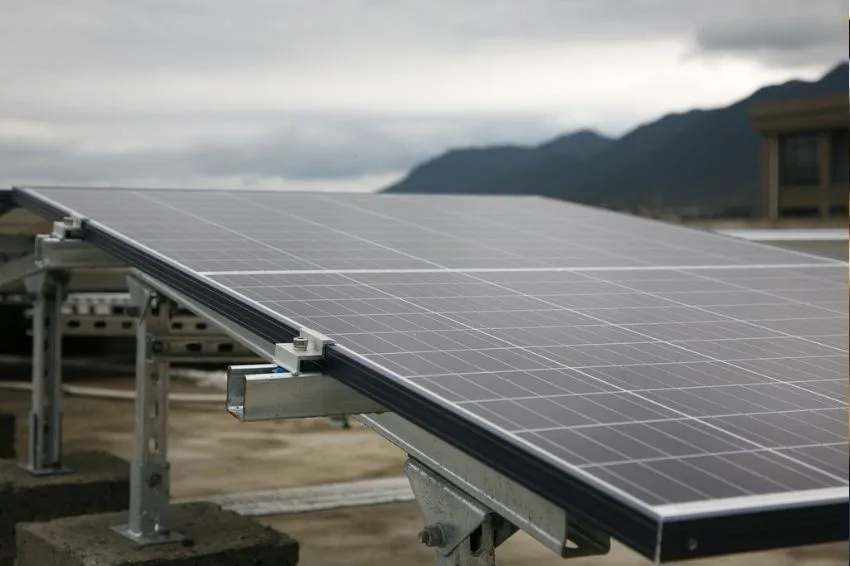To the climate changes are affecting the entire economy, but in the electrical sector the situation has become more evident in recent years and, above all, in recent weeks.
The sector already lives with rainfall irregularities that bring challenges from an energy point of view. Now the storms have caused power supply interruptions in some parts of the country, and what happened in São Paulo This month of November was one of the most serious in history, according to experts.
Read: Storm in São Paulo: blackout lasts almost 70 hours
In turn, heat waves have raised temperatures to extreme levels, causing the country's energy demand to reach peaks never before seen in history and, consequently, placing greater demands on transmission systems.
Second Bernardo Marangon, managing partner at Exact Energy, climate change will require increasingly more investment in the electricity sector. The big challenge will be how to modernize the networks without inflating the energy tariff for the end consumer.
Read: SIN load reaches a level above 100 GW
For him, the solution will necessarily involve investment in renewable sources It is energy storage technologies.
In 2021, the water scarcity it revived the specter of rationing and the government had to contract emergency thermal plants at the price of gold, causing energy prices to soar.
Soon after, an extremely favorable hydrological period recovered the reservoirs and caused the price to remain at the floor throughout 2023. As we already know, Brazil has a diversified matrix, but is still very dependent on hydroelectric plants.
“From a supply point of view, I think the only way to become less dependent on hydro energy is through solar and wind. On the other hand, we end up causing greater intermittency in the system and it becomes a little more difficult to balance the system”, said Marangon.
One way to balance this account would be through centralized energy storage, in order to provide more security for the transmission network. Furthermore, consumers will increasingly need to invest in alternatives to become less dependent on the distributor network. The solution, in this case, would also involve combining solar energy with batteries.
“These are the challenges of climate change. They will make our lives more difficult and will require more investment from the electricity sector so that we can face these changes. We have a paradox, if you opt for cleaner and more sustainable solutions, you end up having green inflation, because you will opt for options that end up being more expensive”, said Marangon.
“On the other hand, if you don’t do this diesel replacement, combustion cars – which are cheaper in principle, we will end up paying this climate change bill. It's something that we need to consider to see which is the cheapest path, without forgetting that if we don't resolve it now, we will have to face this increase in costs anyway”, he added.
For Luiz Barroso, president of PSR, it is necessary for public authorities and energy companies to take a different look at the security of electrical supply and climate change.
“On the government side, firstly, immediately start carrying out planning studies that already incorporate the effects of climate change. The new normal, or rather, the new climate abnormal, is here to stay. Even with climate models still being tested and developed, impact information is very important for the safety of the system”, said Barroso
“On the companies’ side, it will be increasingly important to calculate the climate risk of their assets. This risk has a very different physical and economic impact depending on the sector, and will require specific preventive and corrective actions”, added the PSR specialist.
Edvaldo Santana, former director of ANEEL (National Electric Energy Agency), said that, since companies cannot prevent a weather event from affecting the distribution network, they should have a more efficient contingency protocol to prevent the consumer spends more than 24 hours without power.
“The sector is more exposed to climate change and this has been happening for some time, but this crisis has deepened. Now we can no longer talk in the field of speculation, it is a real thing”, he said.
Second Cyro Vicente Boccuzzi, managing partner of ECOEE and former Statutory Vice President at AES Eletropaulo (currently Enel SP), since 1992 energy companies have already been concerned about the effects of climate change on the electricity sector.
He said that over the years investments have been made in climate monitoring systems and contingency protocols to prepare for these events, but today events are more extreme.
“I think a lot has progressed, but some fundamentals were lost along the way. The truth is that the electricity sector needs a massive investment in transmission and distribution that is not being made in Brazil or in the world. The International Energy Agency (IEA) published a recent report on this, expressing the need for investment in transmission and distribution networks to face these climate changes,” said Boccuzzi.
For him, a major bottleneck in Brazil is that the consumer is paying the bills of the past, which leaves little room for progress in the modernization of systems. “We have transfers with all these subsidies and this does not give companies space to invest. These are things that need to be aligned.”


